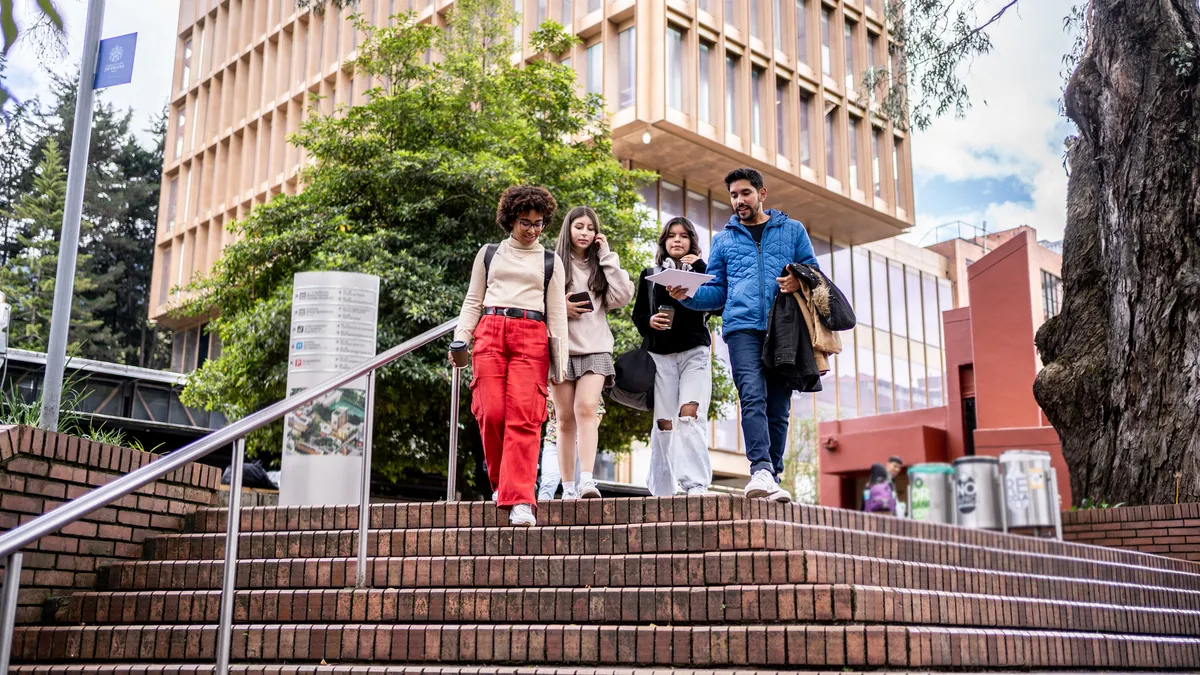Dive Brief:
- Binghamton University, a public institution that’s part of the State University of New York system, announced Monday that it is forging an alliance with six historically Black colleges and universities to spur research collaborations among their faculty and students.
- The Thurgood Marshall College Fund, a nonprofit that represents HBCUs and provides scholarships to their students, is also part of the collaboration. The alliance is meant to help the institutions pool resources and elevate their research profiles.
- The six participating HBCUs are Alabama A&M University; Central State University, in Ohio; Tuskegee University, in Alabama; Prairie-View A&M University, in Texas; the University of the District of Columbia; and Virginia State University.
Dive Insight:
Donald Hall, Binghamton’s executive vice president for academic affairs and provost, called the collaboration a “groundbreaking alliance.”
“In the SUNY system, we’ve never had an outreach effort like this, so Binghamton is leading the way,” Hall said in a statement. “We are approaching this in the sense of true collaboration — we’re equal partners in this, each bringing our own strengths and our own weaknesses, our own needs and our own aspirations.”
In an email Tuesday, Hall also said Binghamton expects its students will spend time at partner institutions’ labs, giving them a “deeper experience at conducting research in diverse contexts.”
One of the alliance’s goals is to create a pipeline of diverse graduate students interested in engineering and computer science fields. To that end, the group will offer joint course development, mentorship and summer internships for students.
Faculty members will also be able to secure visiting and sabbatical appointments at participating institutions. This will allow them to share best practices, create professional relationships and jointly pursue sponsored research.
Additionally, participants will have access to shared lab resources and equipment.
The alliance is also meant to help the participating colleges climb the research ranks of the Carnegie Classification system.
According to a 2021 report from The Hunt Institute, only 11 of the nation’s 101 four-year HBCUs are designated as R2 institutions, Carnegie’s second-highest ranking for research universities. No HBCUs are designated as R1 institutions, the label reserved for universities with the highest levels of research activity.
HBCUs face several hurdles when trying to scale Carnegie’s tiers, including racial bias in research funding and historical underfunding compared to predominantly White institutions.
N. Joyce Payne, founder of the Thurgood Marshall College Fund, which represents 47 colleges, said the alliance may expand in the future.
“If we can make this model work between Binghamton and our HBCUs and Thurgood Marshall, then we can replicate it for the other 41 universities,” Payne said.









